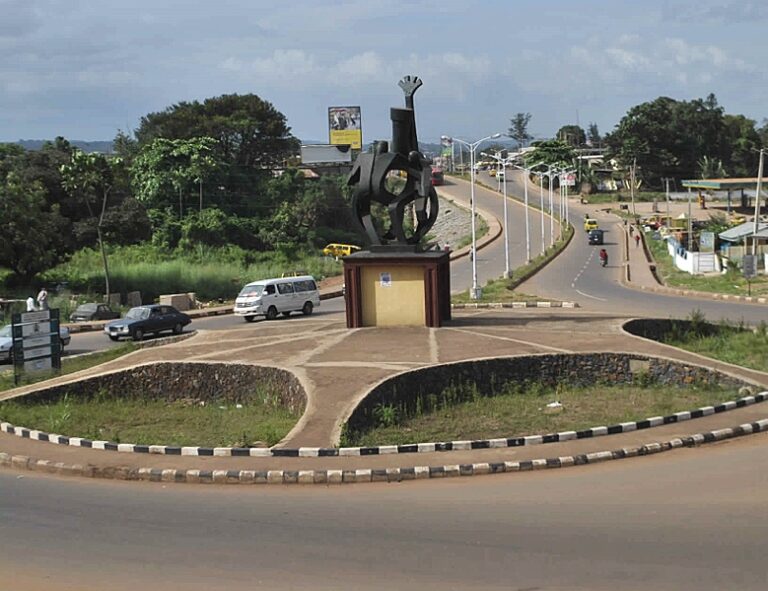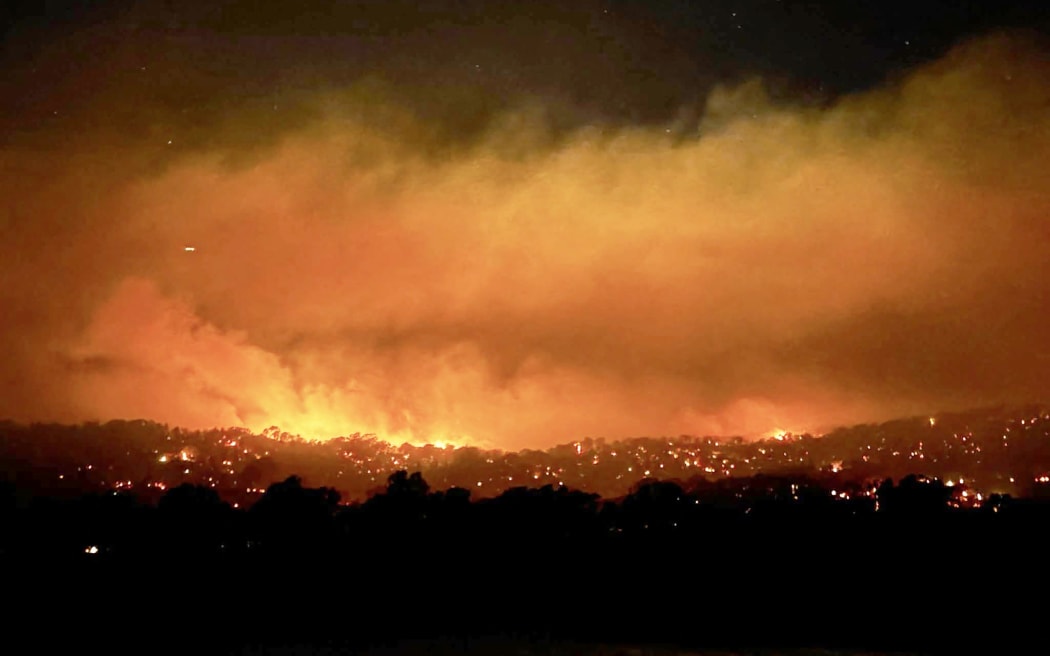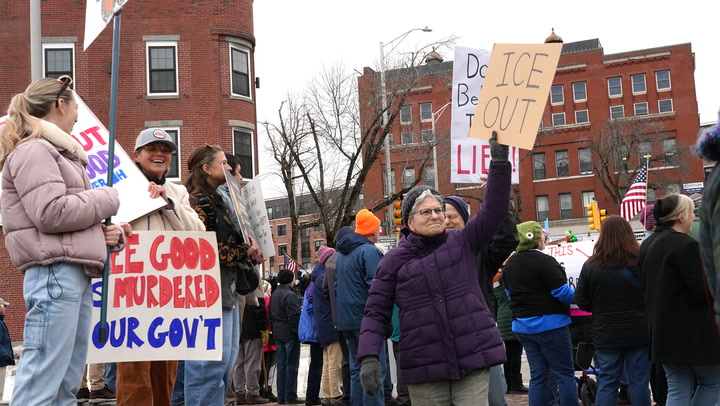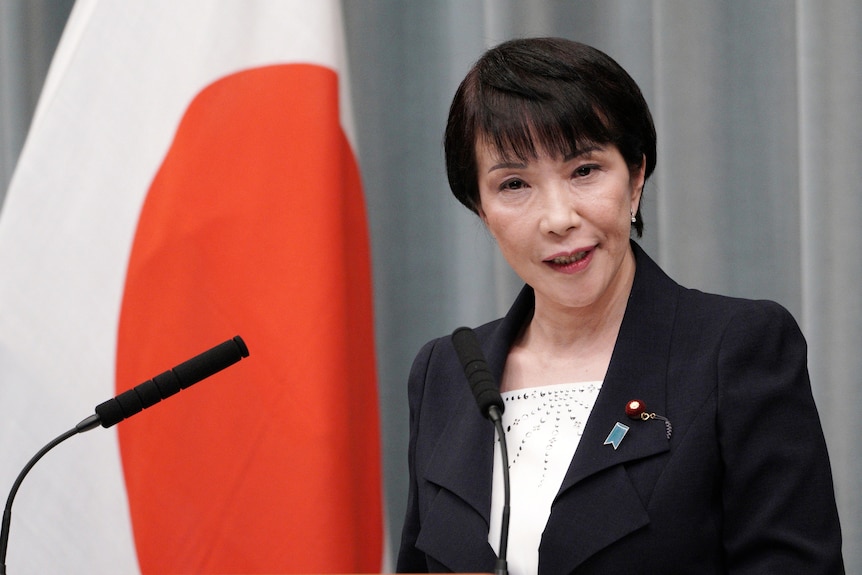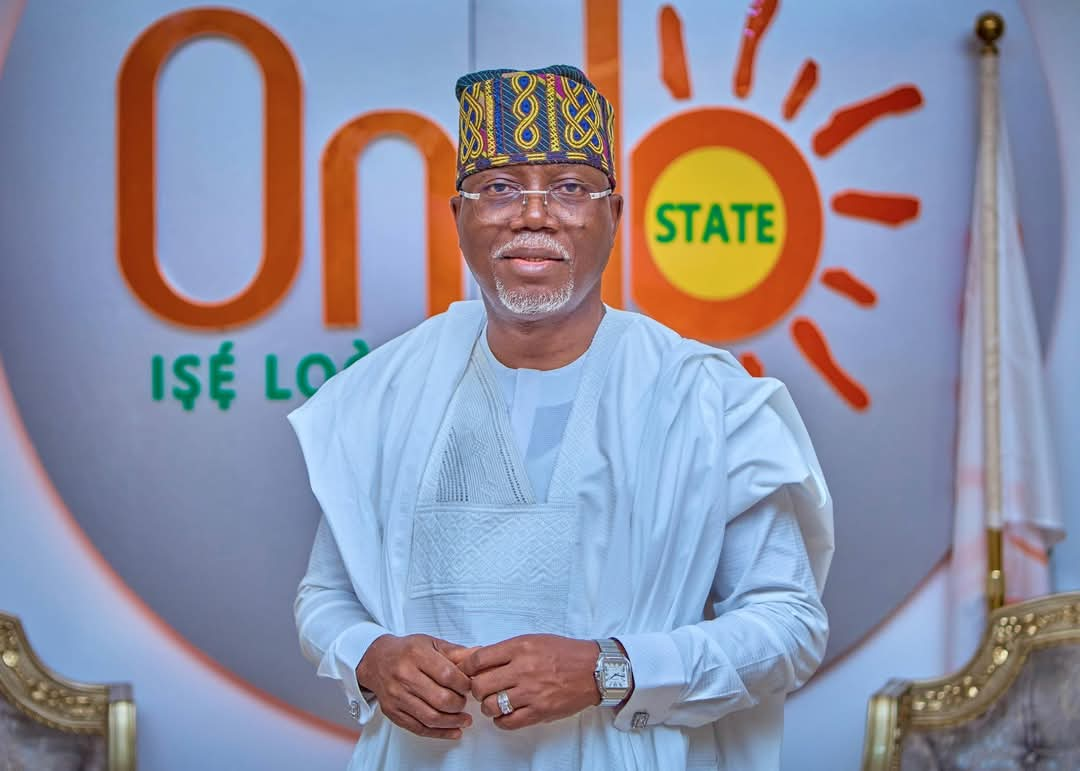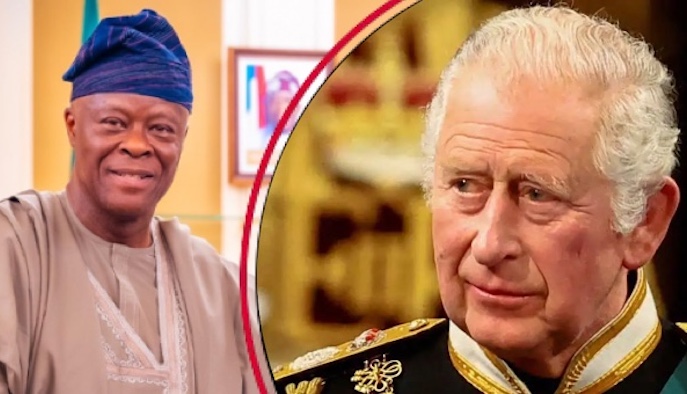Hausa, Yoruba Community leaders describe Enugu State as peaceful and welcoming, citing decades of friendship, mixed marriages, and shared progress.
Leaders of the Hausa and Yoruba communities in Enugu have described the Igbo people as some of the most accommodating and hospitable in Nigeria, highlighting decades of peaceful coexistence, intermarriage, and mutual respect.
Speaking in separate interviews, the community heads said their experiences in Enugu reflect the spirit of unity and tolerance that Nigeria as a nation should emulate. Many noted they had lived most of their lives in the southeastern city without discrimination or conflict.
Oba Adebayo Olatunji, the Yoruba traditional leader in Enugu, recalled settling in the state in 1979 and building his life and family there. “I have never been discriminated against,” he said. “I married an Igbo woman from Nsukka, and my first child, born here in 1988, was named Uzodimma — meaning my coming to Enugu has favored me.”
Read Also: Is Enugu state still in the hands of God?
Olatunji, who hails from Ede in Osun State, said his family speaks Igbo fluently and participates actively in the state’s politics. “Enugu is peaceful, loving, and secure,” he added. “Anyone who wishes to come here should not fear. It’s a place to relax and build a life.”
The Sarkin Hausawa of Enugu, Abubakar Sambo, shared a similar sentiment, describing Enugu as home. Born and raised in the city, he now serves as a Senior Special Adviser to Governor Peter Mbah on Special Duties. “We are treated as brothers,” he said. “Most of my friends are Igbos. We eat together, play together, and live together.”
Sambo noted that the number of Northerners relocating to Enugu has increased in recent years due to the warm relationship between the Hausa community and their Igbo hosts.
For Yoruba businessman Tayo Adenaike, originally from Ogun State, Enugu has been home since 1974. He recalled that early fears about Igbos were unfounded. “The people are loving and calm,” he said. “An Igbo man gave me my first job and accommodation. I later married an Igbo woman and was honored with the title Nwanne di na Mba — a brother in the diaspora.”
Residents from other regions, including Akwa Ibom’s Emmanuel Akpan, echoed similar praise, describing Enugu as a model of peaceful coexistence in Nigeria’s often divided landscape.

